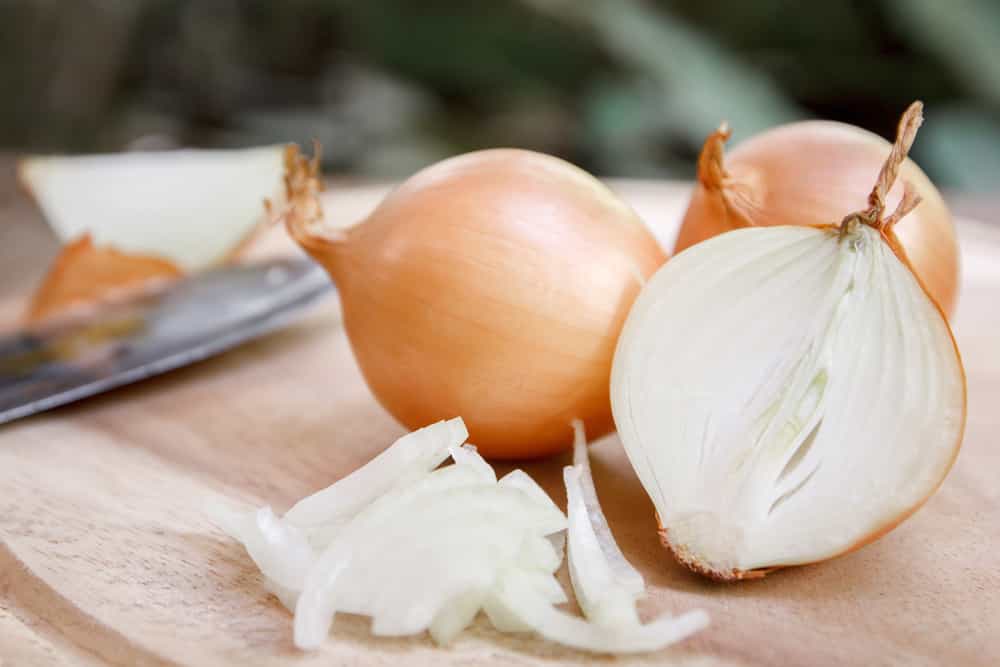8. Certain High-FODMAP Foods

Certain high-FODMAP foods can be problematic for individuals with diverticulitis due to their role in exacerbating digestive symptoms. FODMAPs — fermentable oligo-, di-, mono-saccharides, and polyols — are short-chain carbohydrates that are poorly absorbed in the small intestine. When consumed in significant amounts, these foods can lead to increased water and gas in the gut, causing symptoms such as bloating, gas, and abdominal pain, which can be particularly uncomfortable for those with diverticulitis. Common high-FODMAP foods include onions, garlic, legumes, and certain fruits and vegetables, making them potentially troublesome for individuals managing this condition.
Adopting a low-FODMAP diet, at least temporarily, can help identify specific triggers and alleviate symptoms for those with diverticulitis. This dietary approach involves eliminating high-FODMAP foods for a period, then gradually reintroducing them to observe their impact on symptoms. This process can help pinpoint which foods exacerbate the condition and should be limited or avoided. It’s important, however, to approach this elimination diet under the guidance of a healthcare professional or dietitian to ensure nutritional balance is maintained. A low-FODMAP diet can be restrictive and may limit intake of certain nutrients if not carefully managed.
Navigating a low-FODMAP diet requires attention to food labels, meal planning, and often, creative culinary substitutions to ensure a varied and nutritionally adequate diet. The goal is to achieve a balance that minimizes diverticulitis symptoms while still enjoying a wide range of foods. Success in managing symptoms with a low-FODMAP diet can significantly improve quality of life for those with diverticulitis, but it’s crucial to seek professional guidance to ensure the diet is followed safely and effectively. This personalized approach to diet can offer relief and a better understanding of how different foods affect your condition, leading to more informed dietary choices for long-term health management.
